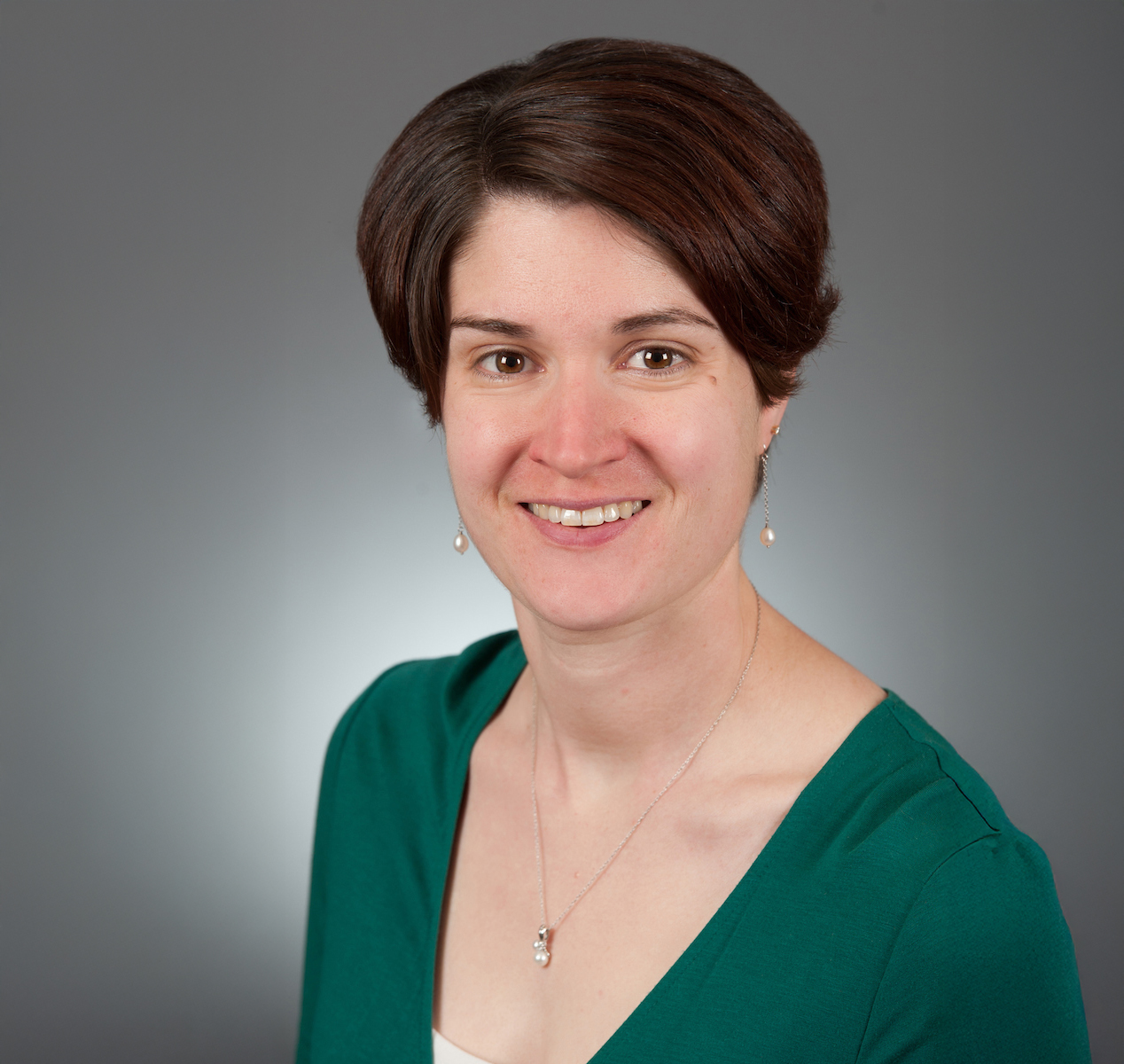
Support for our clinical sites who champion the next generation of healthcare professionals
MGH IHP seeks the best fieldwork educators, clinical instructors, clinical supervisors and preceptors. We expect the best from our students and we support all of our clinical placement sites as they further the education and careers of our students. We seek a "two-way street" with our placement sites - our collaborative journey does not end with the placement. We offer interdisciplinary events for our clinical sites to network, and resources like our MVCE office to support any and all questions from our dedicated community of practicing clinicians.
In addition to this support, preceptors for IHP students can receive a 20-40% tuition reduction on IHP programs.






